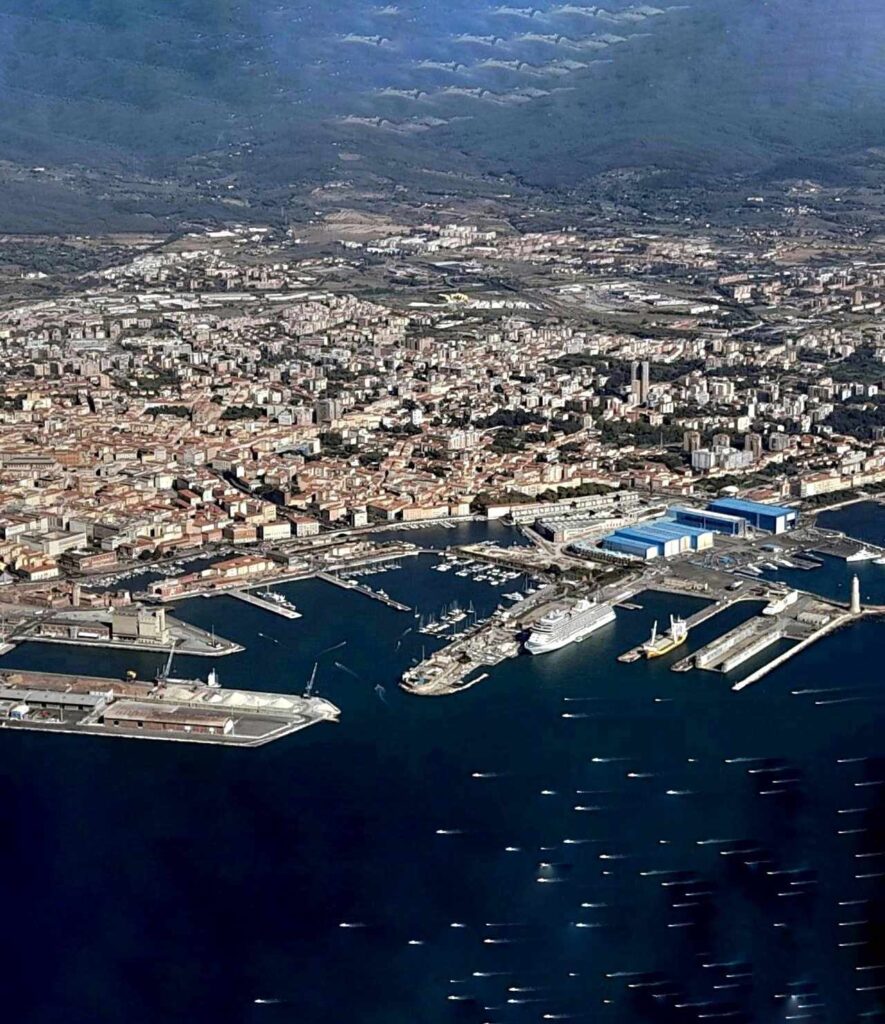The proposal to empty the art.18 company and transfer all the staff to a new art.16 port company that would operate on the Alto Fondale quay used by Porto2000 was rejected and sent back to sender
Livorno Terminal Marittimo (LTM), “a company in the port of Livorno that manages a terminal inside Varco Galvani, intends to close its doors and create a new company that will deal only with port operations, to which it will transfer all of its current 51 employees (including operational and administrative)”according to Shipping Italy
The workers have a state of Strike
The confederate unions Filt Cgil, Fit Cisl and Uiltrasporti revealed this, announcing however that “all of this is unacceptable and for this reason the workers have opened a state of Strike”. The news was communicated in the last few hours by the company management to the union delegates.
Crisis of the terminal company Seatrag

Recently, the autonomous union Usb, also from Livorno, had instead drawn attention to the state of crisis of the terminal company Seatrag and to the fact, in their opinion, that missed payments were impacting the port agency Alp of the same port.
Italy alarmed by the effects US dockworkers strike in the USA

A note of (Filt-Cgil), (Fit-Cisl)
Now a note signed by Giuseppe Gucciardo (Filt-Cgil), Dino Keszei (Fit-Cisl) and Gianluca Vianello (Uiltrasporti) explains that the terminal company LTM – an “article 18” of the law on ports 84/1994 – would be willing to create a sort of “newco” specialized in port operations – that is, an “article 16” of the law on ports – to plug the traffic shortages that have emerged in recent years. According to LTM – they write – this move would safeguard the future of the workers: nothing could be more wrong, in fact, the exact opposite would happen.
LTM’s project
If LTM’s project were to materialize, the 51 employees would be transferred to a new company with all the negative consequences that would ensue in terms of prospects, stability and economic recognition.
The confederate unions ask the Port Authority “to guarantee the social balance in the port by blocking the proliferation of new economic entities”




